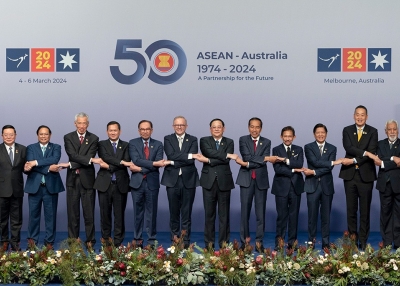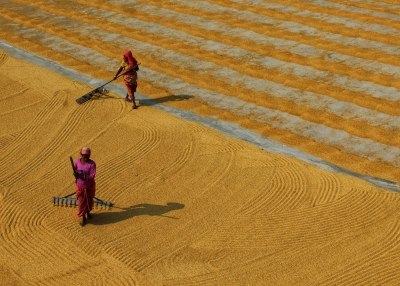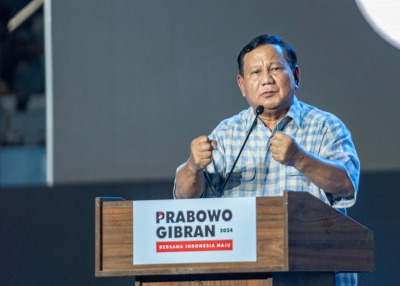Australia is a prominent actor in the Indo-Pacific as a member of the G20, Quad, Pacific Islands Forum (PIF), dialogue partner of the Association of Southeast Asian Nations (ASEAN), and close ally of the United States. As Australia navigates a more contested and competitive Indo-Pacific, the Asia Society Policy Institute seeks to build understanding of the role Australia and its foreign policy plays in the region by convening events and strategic dialogues, as well as contributing expert commentary, analysis, and policy recommendations.





